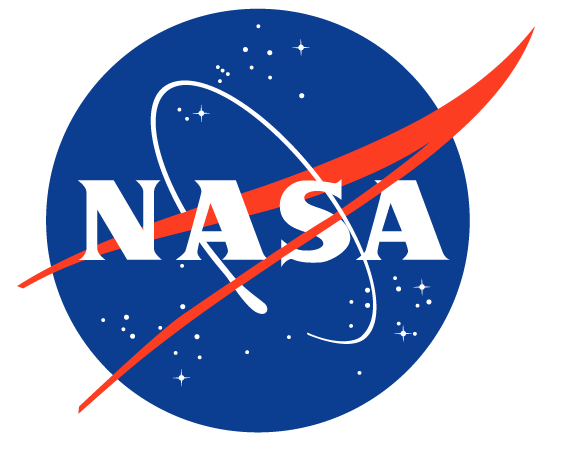 The Freedom From Religion Foundation is once again strongly protesting a wrongful NASA grant of more than $1 million in taxpayer money that was largely used for religious purposes.
The Freedom From Religion Foundation is once again strongly protesting a wrongful NASA grant of more than $1 million in taxpayer money that was largely used for religious purposes.
In May 2015, NASA’s astrobiology program awarded $1.108 million to the Center of Theological Inquiry for “an interdisciplinary inquiry on the societal implications of astrobiology, the study of the origins, evolution, distribution, and future of life in the universe.” Center Director William Storrar stated at the time, “The aim of this inquiry is to foster theology’s dialogue with astrobiology on its societal implications, enriched by the contribution of scholars in the humanities and social sciences.”
FFRF sent a letter last year questioning the grant. The principal thrust of the grant was theological — and therefore religious. And though ostensibly ecumenical, the Center is “rooted in Christian theology,” according to its website.The grant was patently unconstitutional, FFRF asserted, since government-funded scientific studies of theology create state-church entanglements.
As part of its investigation, FFRF requested records from NASA. After several denials by the agency and many appeals by FFRF’s diligent Staff Attorney Andrew Seidel, the freethought organization finally obtained about 550 pages of records. Combing through these pages, Seidel and FFRF’s dedicated legal interns made two startling discoveries: First, there was damning evidence confirming that the grant was indeed unconstitutional, violating the separation of state and church. And, second, NASA Technical Officer Mary Voytek, the official managing the grant, has had a questionable and likely unethical relationship with Storrar.
With the NASA money, the Center of Theological Inquiry hired 11 theologians — 10 of them Christian — and only one actual scientist. That wouldn’t be problematic if they were doing secular work, but they weren’t. The work proposed for the grant included:
- formulating a “Christian response” to scientific studies on morality,
- developing a new model of biblical interpretation,
- relating themes from First Corinthians, a book in the Christian bible, to astrobiology,
- reconciling a potential astrobiology discovery with Christian theology,
- looking at how astrobiology would affect the Christian doctrine of redemption,
- examining Christian ethics and Christian doctrines of human obligation,
- looking at societal implications of astrobiology with “theological ethics”,
- and writing a monograph on Christian forgiveness.
“We are informing NASA that it cannot constitutionally fund theology,” Seidel writes to NASA Astrobiology Institute Director Penelope Boston in his recent letter. “The Supreme Court has explicitly held that refusing to fund scholarships for theology is not religious discrimination under the First Amendment.”
Then there is the questionable relationship between Voytek and Storrar. While administering the first grant but prior to approving the supplemental grant to the Center, Voytek participated in a panel at a 2015 Center of Theological Inquiry conference in the United Kingdom. Emails reveal that the Center arranged for Voytek’s travel to and from this event. In another email sent during the same period, Voytek talks about a 2014 invitation for a trip to Florida to meet the Center’s board members and thanks Storrar for his “thoughtful gifts.” The records do not reveal the nature of these “thoughtful gifts.”
Employees of the executive branch of the United States of America “may not . . . accept a gift from a prohibited source,” according to federal law. A prohibited source includes any person who:
- “does business or seeks to business with the employee’s agency.”
- “is seeking official action by the employee’s agency,” or
- “has interests that may be substantially affected by the performance or nonperformance of the employee’s official duties.”
The Center of Theological Inquiry is or was a prohibited source under each of these definitions. None of these gifts or the travel was disclosed, as required by law.
FFRF requests an inquiry into the nature of the relationship between Mary Voytek and William Storrar and a complete review of the grants awarded to the Center, including a determination as to whether the awards violated the Constitution by providing funds to a religious institution for research with a religious purpose and effect.
“FFRF is saddened that an institution such as NASA whose work we have so admired over the years has wandered woefully astray from science,” says FFRF Co-President Dan Barker. “This grant raises a whole lot of questions that need to be immediately resolved.”
The Freedom From Religion Foundation is an organization dedicated to the separation of state and church, with more than 27,000 nonreligious members and chapters all over the country.

